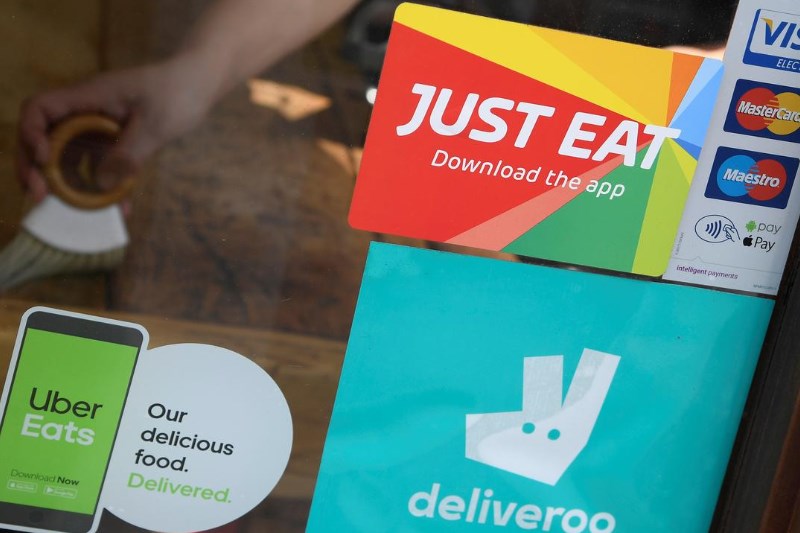Investing.com -- Shares of Just Eat Takeaway (LON:JETJ) fell on Tuesday following the company’s plans to delist from the London Stock Exchange (LON:LSEG).
The decision comes as the food delivery giant continues to streamline its operations and address administrative and cost concerns associated with maintaining its secondary listing in London.
In a statement released by the company, Just Eat Takeaway.com cited “low liquidity and trading volumes” of its shares on the LSE as a primary factor behind the move.
The company also pointed to the “administrative burden, complexity, and costs” tied to regulatory requirements in London, noting that the changes would simplify its operations while maintaining its primary listing on Euronext (EPA:ENX) Amsterdam.
The delisting process is set to be completed by December 27, with trading of its shares on the LSE ceasing after December 24.
The company clarified that the decision will not impact shareholders who already hold their shares on Euronext Amsterdam.
However, those holding their shares as CREST Depository Interests linked to the LSE listing are being advised to seek guidance from their brokers or investment advisers on converting their holdings to shares tradable on Euronext Amsterdam.
The move reflects broader challenges for companies maintaining dual listings amid a competitive regulatory landscape.
Just Eat Takeaway.com initially began evaluating its listing venues in 2022, and this latest decision underscores its effort to align with its priorities of cost efficiency and operational simplicity.
While the company said that no shareholder approval is needed for the delisting under current UK listing rules.
Just Eat Takeaway.com has assured that the Corporate Sponsored Nominee service, managed by Equiniti Financial Services Limited, will continue to assist CDI holders during the transition.
The news comes at a time when Just Eat Takeaway.com, one of the largest online food delivery groups globally, continues to navigate a challenging post-pandemic landscape, marked by shifting consumer demand and intense competition.
